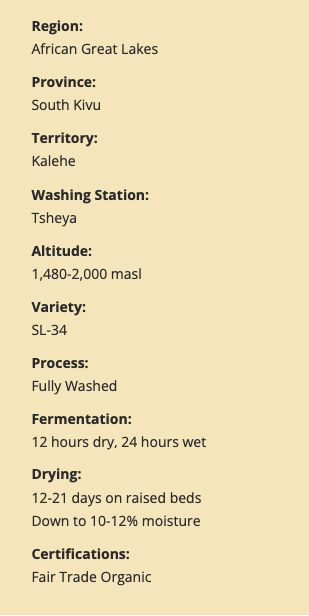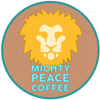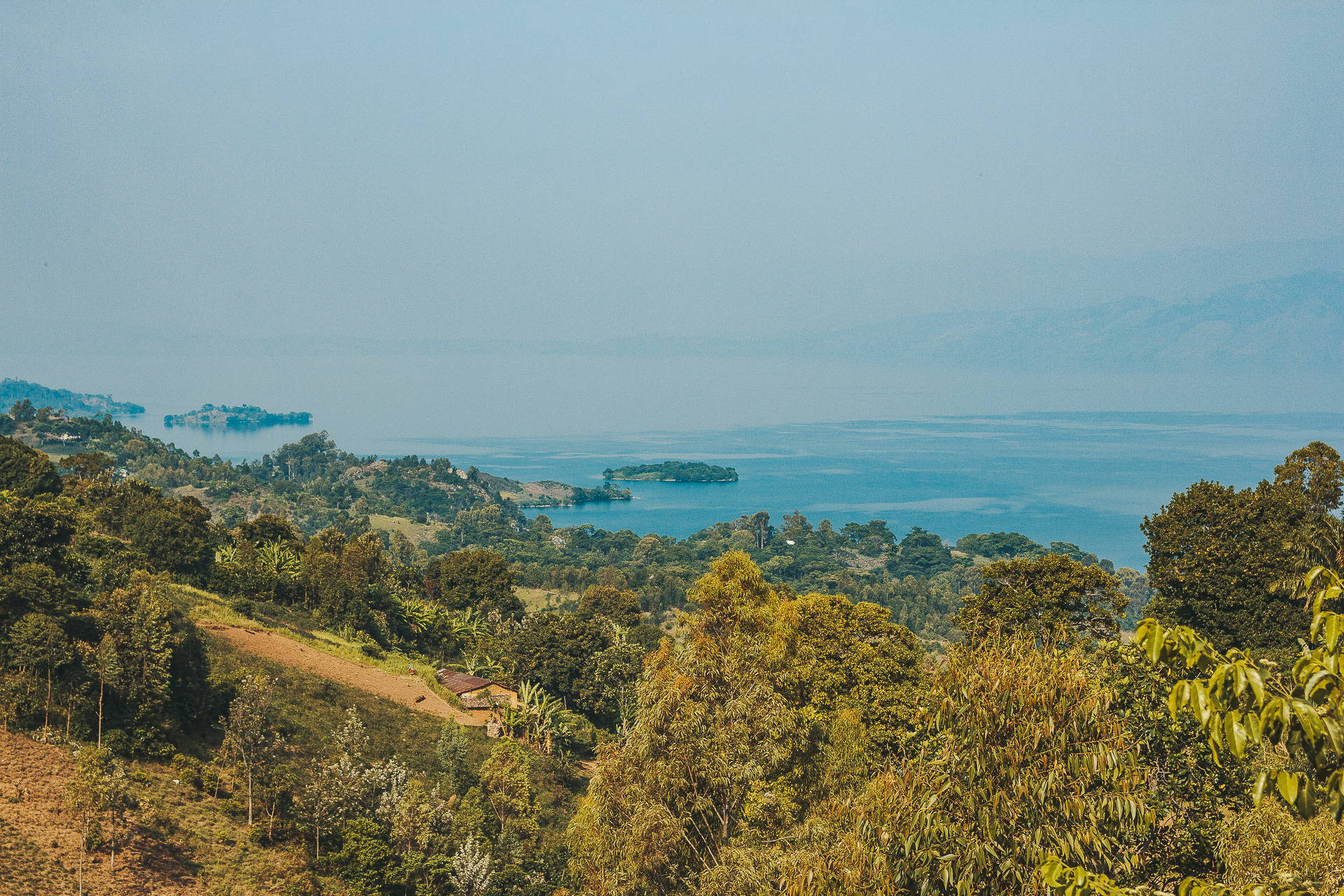MIGHTY PEACE COFFEE PRESENTS

Umoja
Umoja grows in South Kivu and is a product of the hard work of over 11,600 members. Certified Fairtrade and Organic cooperatives like the ones we work with have helped provide stability in the coffee sector in a region that is often fraught with coffee smuggling. For many of the members, coffee is a key source of income and helps promote rights for marginalized groups.
A Farmer’s Story
Victorina is one of the farmers who contributes to Umoja. She built a house, purchases clothes for her family, and feels secure in knowing that she now doesn’t need to travel to find a buyer, because that places her at risk of attack. Victorina is now able to pay for her children’s school fees as well as buy her own fields.
Cooperative: Solidarité pour la Promotion des actions Café et le Développement Intégral (SOPACDI)
Smallholder Farmer Solidarity for Coffee Production and Comprehensive Development
As coffee production drastically decreased since Congo’s independence in 1960, the financial stability of coffee producers became severely compromised as they received minimal support from the government and little access to international markets.
Smuggling coffee to Rwanda and Uganda became a last resort option for many producers. Despite its perceived benefits of quick access to cash, many lost their lives either by drowning in Lake Kivu in an attempt to cross into Rwanda, or during the sometimes perilous journey across the Rwenzori mountains seeking to cross into Uganda.
Community leaders who grew up in the coffee sector sought to combat this challenge and organized themselves as a cooperative. The organization was founded in 2003, and there were initially 279 members, including 276 men and 3 women.
The group has made strides in gender equity since then, with 30% of its members being women, and today there are more than 11,000 smallholder producers that are part of Solidarité pour la Promotion des actions Café et le Développement Intégral (SOPACDI).



